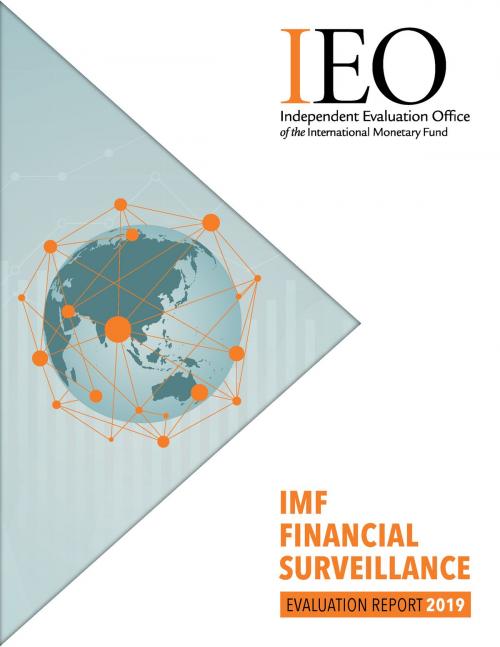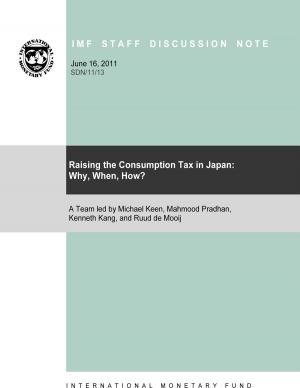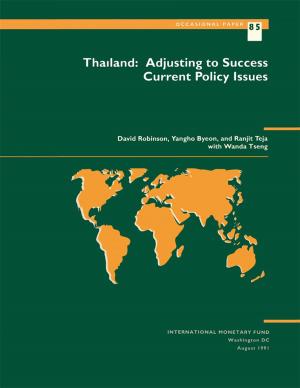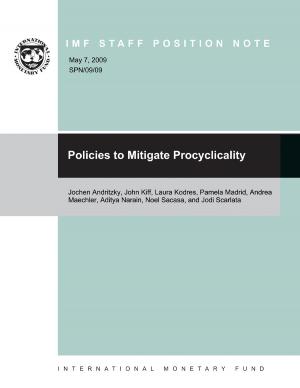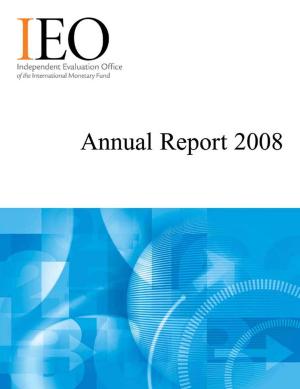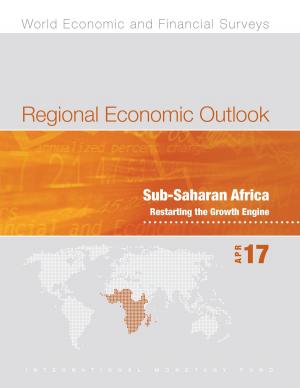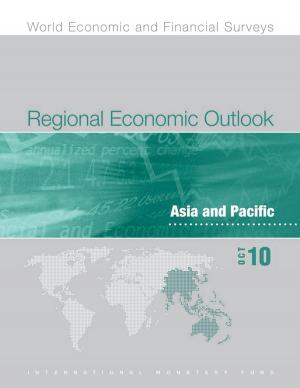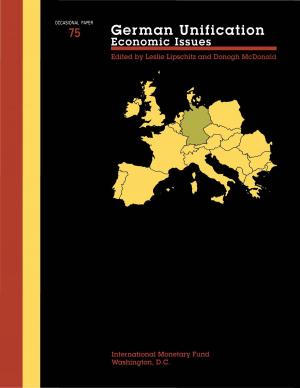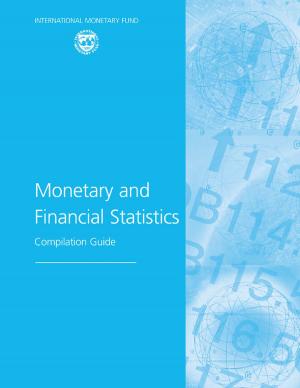IEO Evaluation Report
IMF Financial Surveillance
Business & Finance, Finance & Investing, Commodities, Industries & Professions, Industries| Author: | International Monetary Fund. Independent Evaluation Office | ISBN: | 9781498306966 |
| Publisher: | INTERNATIONAL MONETARY FUND | Publication: | February 7, 2019 |
| Imprint: | Language: | English |
| Author: | International Monetary Fund. Independent Evaluation Office |
| ISBN: | 9781498306966 |
| Publisher: | INTERNATIONAL MONETARY FUND |
| Publication: | February 7, 2019 |
| Imprint: | |
| Language: | English |
In response to the Global Financial Crisis, the IMF launched many initiatives to strengthen financial surveillance and better advise member countries of vulnerabilities and risks. While these initiatives have not yet been tested by a major crisis, the efforts have delivered a substantial upgrade of the Fund’s financial surveillance, including giving the IMF clearer responsibilities over financial sector stability and cross-country spillovers; making periodic financial stability assessments mandatory for jurisdictions with systemically important financial sectors; invigorating efforts to integrate financial and macroeconomic analysis in bilateral and multilateral surveillance; enhancing cooperation with the Financial Stability Board and standard setting bodies to promote reforms and monitor agreed standards; and taking steps to recruit and train greater financial expertise. While recognizing these achievements, this evaluation finds that the quality and impact of the IMF’s financial surveillance has been uneven. The expansion of products and activities has presented the Fund with difficult trade-offs between bilateral and multilateral surveillance; between countries with systemically important financial sectors and other member countries; and between financial surveillance and other activities. Moreover, resource constraints have slowed the needed build-up of financial and macrofinancial expertise. These are critical issues, given the IMF’s position as the only international financial institution with the mandate and ability to conduct financial and macrofinancial surveillance over the full range of countries as well as the global economy, and given that these issues are at the core of the IMF’s responsibilities. Thus, to further strengthen financial surveillance, the evaluation recommends devoting greater resources to financial surveillance overall; further strengthening financial and macrofinancial analysis in Article IV surveillance; refining resource allocation for FSAPs; enhancing rigor and transparency in multilateral surveillance; intensifying efforts to be a global center of excellence on financial and macrofinancial research; and extending efforts to develop financial expertise among IMF staff.
In response to the Global Financial Crisis, the IMF launched many initiatives to strengthen financial surveillance and better advise member countries of vulnerabilities and risks. While these initiatives have not yet been tested by a major crisis, the efforts have delivered a substantial upgrade of the Fund’s financial surveillance, including giving the IMF clearer responsibilities over financial sector stability and cross-country spillovers; making periodic financial stability assessments mandatory for jurisdictions with systemically important financial sectors; invigorating efforts to integrate financial and macroeconomic analysis in bilateral and multilateral surveillance; enhancing cooperation with the Financial Stability Board and standard setting bodies to promote reforms and monitor agreed standards; and taking steps to recruit and train greater financial expertise. While recognizing these achievements, this evaluation finds that the quality and impact of the IMF’s financial surveillance has been uneven. The expansion of products and activities has presented the Fund with difficult trade-offs between bilateral and multilateral surveillance; between countries with systemically important financial sectors and other member countries; and between financial surveillance and other activities. Moreover, resource constraints have slowed the needed build-up of financial and macrofinancial expertise. These are critical issues, given the IMF’s position as the only international financial institution with the mandate and ability to conduct financial and macrofinancial surveillance over the full range of countries as well as the global economy, and given that these issues are at the core of the IMF’s responsibilities. Thus, to further strengthen financial surveillance, the evaluation recommends devoting greater resources to financial surveillance overall; further strengthening financial and macrofinancial analysis in Article IV surveillance; refining resource allocation for FSAPs; enhancing rigor and transparency in multilateral surveillance; intensifying efforts to be a global center of excellence on financial and macrofinancial research; and extending efforts to develop financial expertise among IMF staff.
